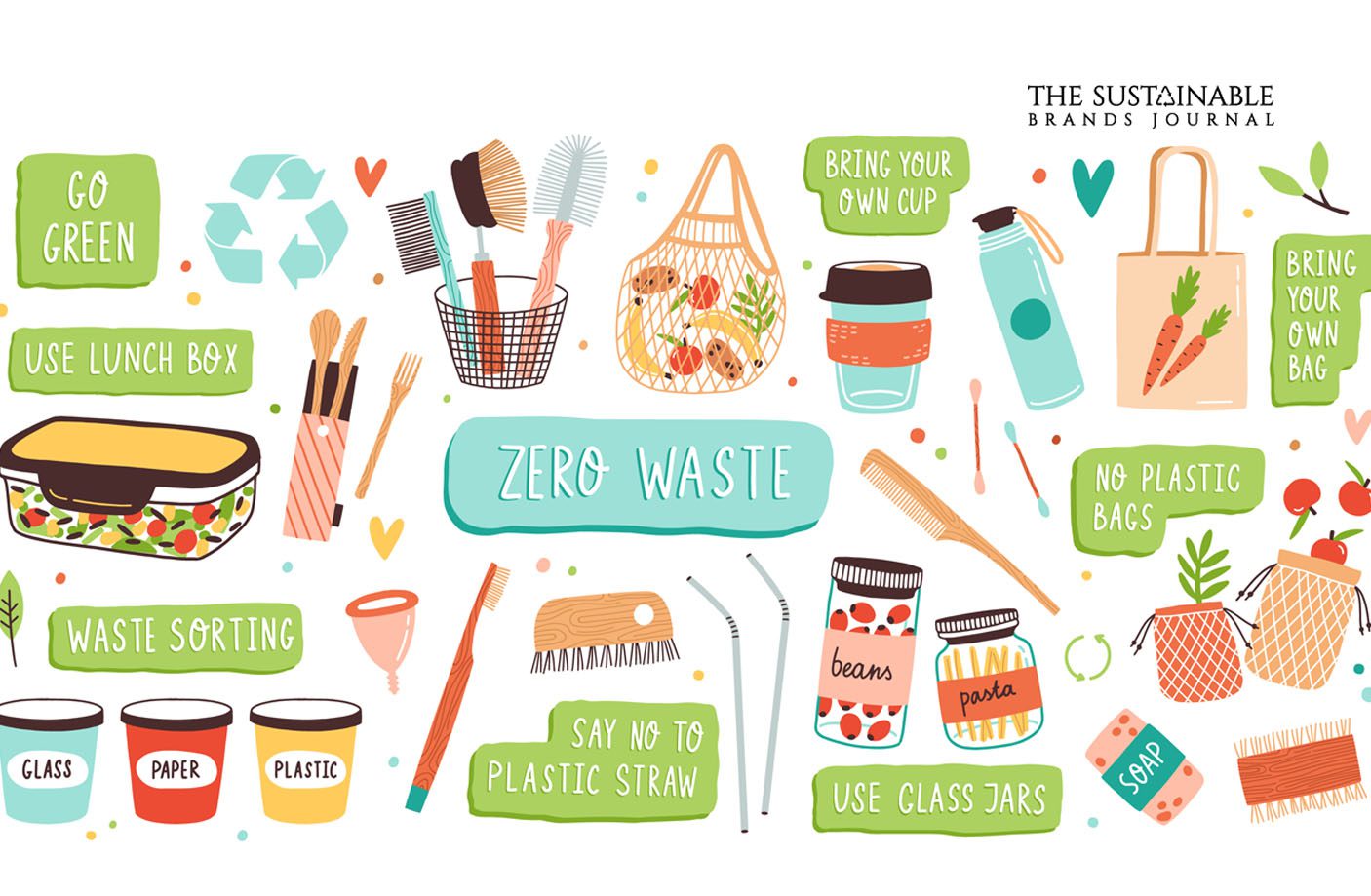
First-Ever Zero Waste Day Sparks Global Effort Towards Sustainable Living
Today, March 30, 2023, marks the first-ever International Day of Zero Waste, as declared by the United Nations General Assembly. The objective of this day is to promote sustainable consumption and production patterns, support the societal shift towards circularity, and raise awareness about how zero-waste initiatives contribute to the advancement of the 2030 Agenda for Sustainable Development.
The waste sector is a significant contributor to the triple planetary crisis of climate change, biodiversity and nature loss, and pollution. According to UN data, an estimated 2.24 billion tons of municipal solid waste is generated annually, of which only 55% is managed in controlled facilities. Every year, around 931 million tons of food are lost or wasted, and up to 14 million tons of plastic waste enters aquatic ecosystems.
Member States, organizations of the United Nations system, civil society, the private sector, academia, youth, and other stakeholders are invited to engage in activities aimed at raising awareness of national, subnational, regional, and local zero-waste initiatives and their contribution to achieving sustainable development.
Promoting zero-waste initiatives through this international day can help advance all the goals and targets in the 2030 Agenda for Sustainable Development, including Sustainable Development Goal 11 and Sustainable Development Goal 12. These goals address all forms of waste, including food loss and waste, natural resource extraction, and electronic waste.

In order to save the planet from adverse climatic impacts, it is imperative to take sound decisions, including lowering our waste generation. Zero-waste initiatives can foster proper waste management and minimize waste. It can help in protecting the environment, enhancing food security, and improving human health and well-being.
Governments around the world must step up through better policymaking and initiatives that can help in achieving zero-waste. In India, the Waste to Wealth model is specially focused on waste management, which views waste as a valuable resource that can be converted into a variety of useful products, and help achieve sustainable development goals.
On an individual and corporate level, entities can take steps such as designing products to be durable and requiring less and low-impact materials, avoiding fast fashion trends, opting for less resource-intensive production and transport methods, and closely managing demand that can further enable zero waste throughout the product’s life cycles.

With governments, communities, industries, and other stakeholders increasingly recognizing the potential of zero-waste initiatives, bolstering waste management and improving recovery systems through finance and policymaking. The Global Strategy for Sustainable Consumption and Production can guide this transition, calling for the adoption of sustainable consumption and production objectives across all sectors by 2030.
On this International Day of Zero Waste, let us all pledge to work towards a sustainable future, where waste is minimized, and resources are managed responsibly.





